|
There is no shortage of people who look to nature to find their answers in times of suffering. Solidarity with mother nature and her creations can be a wonderful time for reflection and grounding. Although not widely talked about, many people also venture into the great natural wonders of our earth for mental health support. Our resident blog writer, Jess, talks a bit about why she spends so much time outside and how it helped her find herself.
Resilience There’s nothing like toughing it through a hailstorm on a hill or trudging through a bog you’ve accidentally wandered into to knowing that once it’s over, you’ll be back to the glorious high of being outside. ‘Embracing the suck’ as it’s often known to outdoor enthusiasts, I find spending my down time in the Scottish hills teaches me a lot about how to endure discomfort for a greater purpose and shows me how resilient I am when I put my mind to it. After all, life isn’t a wonderful ride down the yellow brick road and learning how to endure as well as thrive is a big part of living life. Solitude Something I’ve always struggled with in my life is conforming within the judgement and opinions of others. I’m no stranger to having a bit of an identity crisis because I’ve realised, I’ve been dumbly following along the paths of others without stopping and thinking, “wait, do I want this?”. Taking time out by myself - or with my adventurous canine companions, Caesar and Ed - gives me time to shake people off of my back and go into myself to figure out who I am again. As much as I am a people person, I’m also a lone wolf. There’s a balance between the two for me and ensuring I spend plenty of time in the countryside with my own thoughts never fails to remind me of my intentions. Strength My partner says to me a lot, “you’re fitter than you think you are”. This used to really bug me when he was trying to make me do more push ups or run further, but now I can really appreciate what he meant. Whether I’m running, hiking or even just going for a walk, it’s just as much about my mental fitness as it is my physical fitness. How easy is it to talk yourself out of leaving your cosy bed to go exercise? Far too much so! I find the same sometimes when I’m out, trying to give in to my mind telling me I’ve done enough and should go home. I surprise myself often at how far I can go and how capable I am in different environments out there, so when I’m in a rut – I remind myself of what I’m capable of. I’m much stronger than my mind leads me to believe. Whether you live in the countryside or the city, there’s so many ways to introduce outdoor activities into your routine and your wellbeing will thank you for it. There’s also some fantastic podcasts out there where people open up about how their mental health took them to somewhere more wild. Here's some I recommend:
0 Comments
17/5/2021 0 Comments The art of having an open mindDo you find it difficult to understand the values of others without forming judgement if they do not align with your own? You're not alone in finding open-mindedness to be difficult. Our minds have evolved to analyse everything in order to make sense of the world around us. Because of our conscious freedom, we each uniquely have our own opinions, values and priorities that make us who we are. The trouble lies when we encounter someone who is so varyingly contrast to us. We can't understand them. If we feel the need to vocalise our discomfort, this is likely to end in a disagreement. Being close-minded can negatively impact our lives as we shut off a multitude of possibilities and culture, so how can we become more comfortable with being open-minded instead?
Open-mindedness can lead to greater creativity and innovation, as well as strengthen the relationships around you. It may take a little bit of work, but with this effort you'll see an abundance of growth and development. 21/2/2021 0 Comments Awaken your inner childDo you remember how wonderfully carefree you were as a child? The excitement of seeing your first snow or scuffing the knees of your trousers out playing with friends - much to your parents' annoyance - being curious about everything and anything. Mystified by things we now take for granted.
It's easy to lose touch with our inner child as we grow older and wiser. We're constantly told to "grow-up and act our age" by subliminal or sometimes quite direct messages. We even spend part of our childhood wishing we were older, only to look back longing upon our childhoods with a strong sense of nostalgia. We may be older now, shaped by the wonders and hardships of our experiences, maybe a little rougher around the edges, but we can still tap into that beautifully innocent childlike mind every once in a while. Here's some simple ways to jump back a few years:
A child's outlook is simple and positive, so I hope by reintroducing these fun activities again, you'll be able to take on life with a refreshed perspective. Relish your inner child, and enjoy the simplicity and beauty of living all over again. 30/8/2020 0 Comments Be the observer of your thoughtsIf you've ever caught yourself rerunning the same unwanted scenario over and over again in your brain like a stuck record - wishing only that it never happened in the first place - you're not alone. Known as 'sticky' thoughts for their ability to stay put no matter how much you try to move on from them, it sometimes can feel like we spend way too much time in our own heads.
Whether you want to be free of the constraints of your mind or just want to practice more awareness, I want to share with you a simple practice of observation. With a little practice and some compassion, we can free up more space in our heads and break our minds addiction to the story.
This simple meditation technique is a really effective way of practicing your own mental awareness and can help you build more resilience against unwanted distractions. Remember, we are not our thoughts and we do not always need to know their story. If you'd like to practice a longer, more advanced version of this observation meditation then get in touch with me at [email protected] to arrange 1-2-1 sessions in person or online. 31/5/2020 1 Comment The Choice Mindset...Choice is a powerful act in mindfulness and is the purest form of freedom. Often most of us forget that we have options in nearly all situations we find ourselves in. In this post I want to explore with you how giving yourself back choice, instead of succumbing to the feeling of obligation, is the most fulfilling way to true self-awareness.
I recently stumbled across this old article in Psychologies magazine by Edith Eger, holocaust survivor and author of her book The Choice, on how to be truly free. In this article, Edith explains how it was her choice to set herself free from her painful past that gave her true happiness. It's often our reaction to what we perceive as a negative situation that we struggle to shake off the most. This usually causes us to harbour deep-rooted feelings around that said situation and can lead us to avoid any situation that could cause us to feel that way again. But what if we decided to give ourselves the choice to feel differently or to let go? Or even to be OK in our own uncomfortableness? Just because you feel a certain way about something doesn't mean you do not have the choice to change the way it effects you. Edith tells us that we can experience our lives more fully if we accept that bad things happen and embracing it. That's some great advice. The choice mindset isn't just about how you chose to feel. It's also about what you decide to take on. How many of us have never said no to a work colleague or a family member in fear of rejection? But we're often left feeling overwhelmed and overstretched. This unhelpful belief that people will think you're unhelpful and unkind when you do not take them up on their request is sticky for a lot of people, and it doesn't factor in your own self preservation. Next time you find yourself in this situation, think about how this will impact your mind and energy, and then make your decision from there. Saying no does not mean you are a bad person and you'd be surprised at how understanding others will be of your decision. They're human too after all! No matter how difficult a situation is, you always have your choice. Chose to feel your emotions and bring new perspectives to a problem. Chose to say no when you do not want to do something. Chose to do nothing for a day. Chose self-compassion and self-love. I promise you it will be one of the best things you've ever done. |
Archives
April 2022
CategoriesAll Clients Experiences Family Life Health & Happiness Personal Development Recovery & Healing |
Services |
Company |


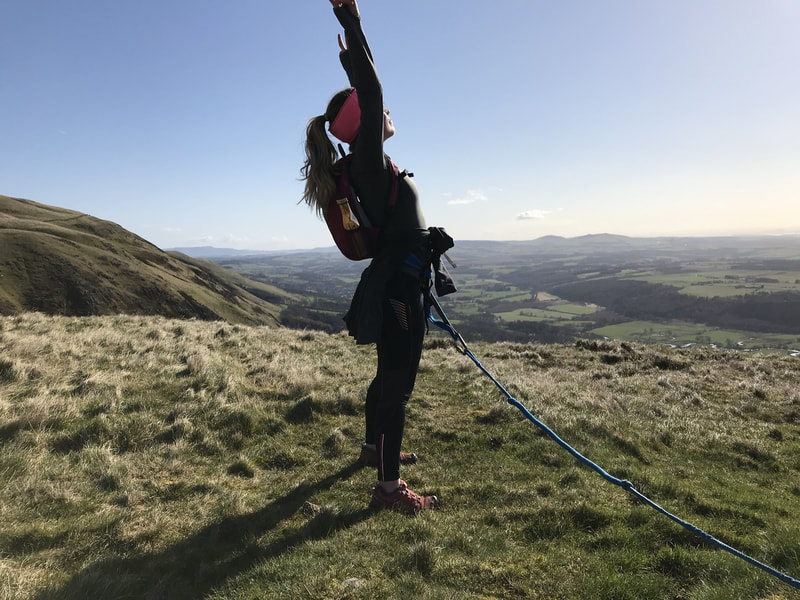
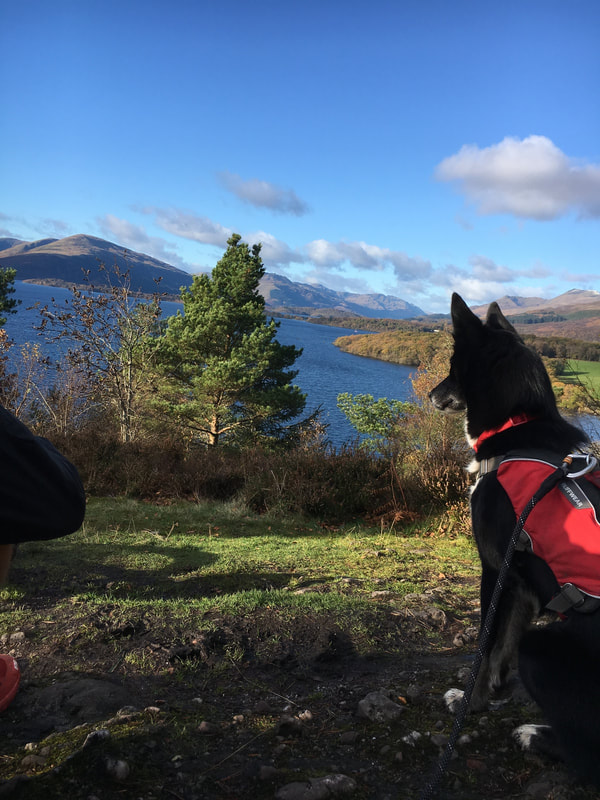

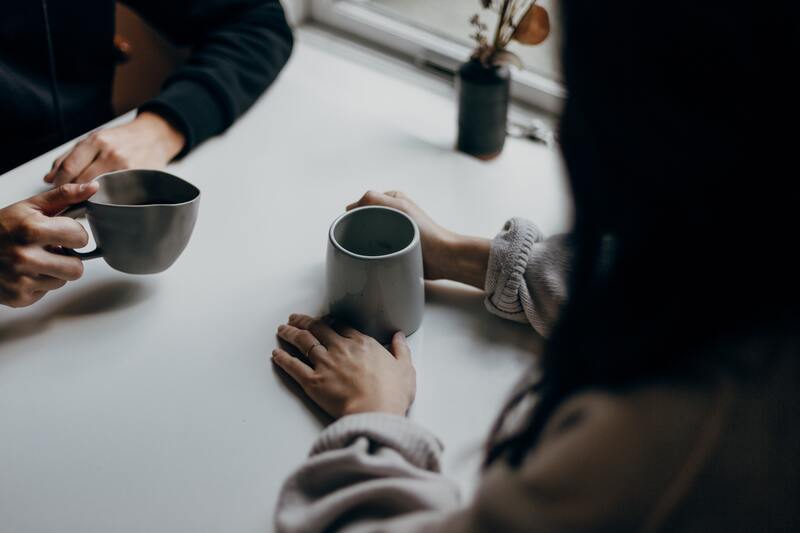
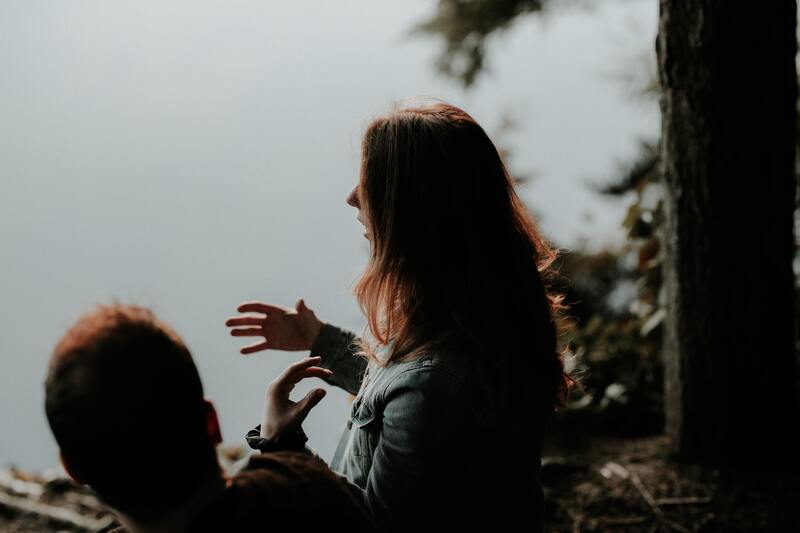
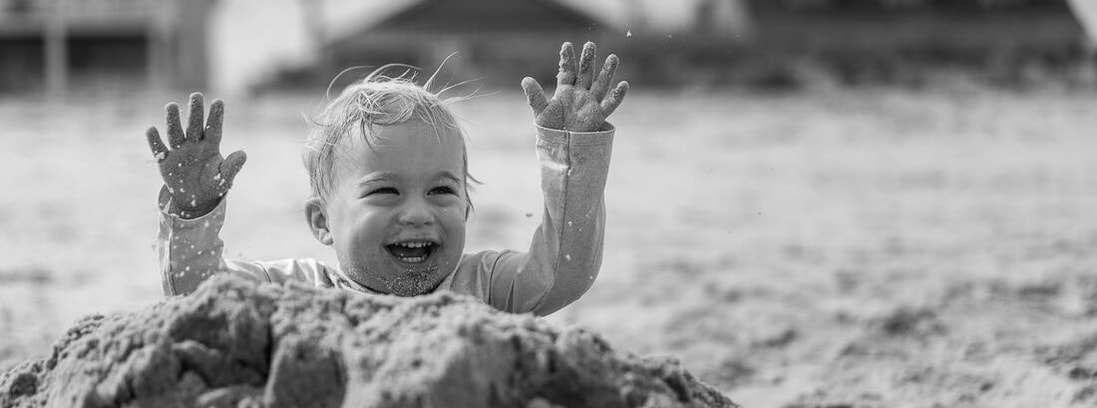
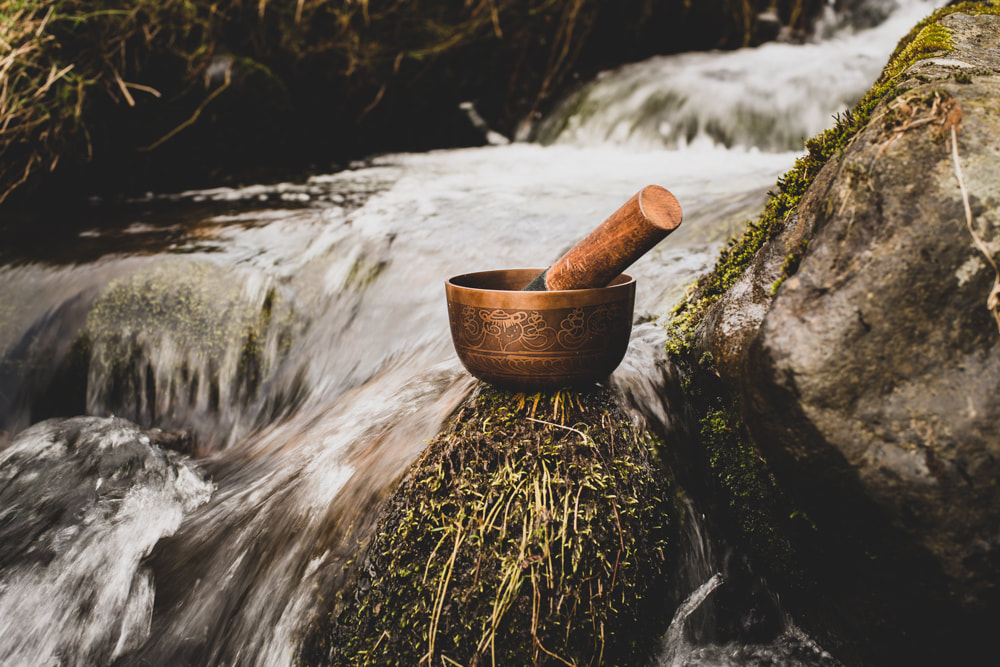
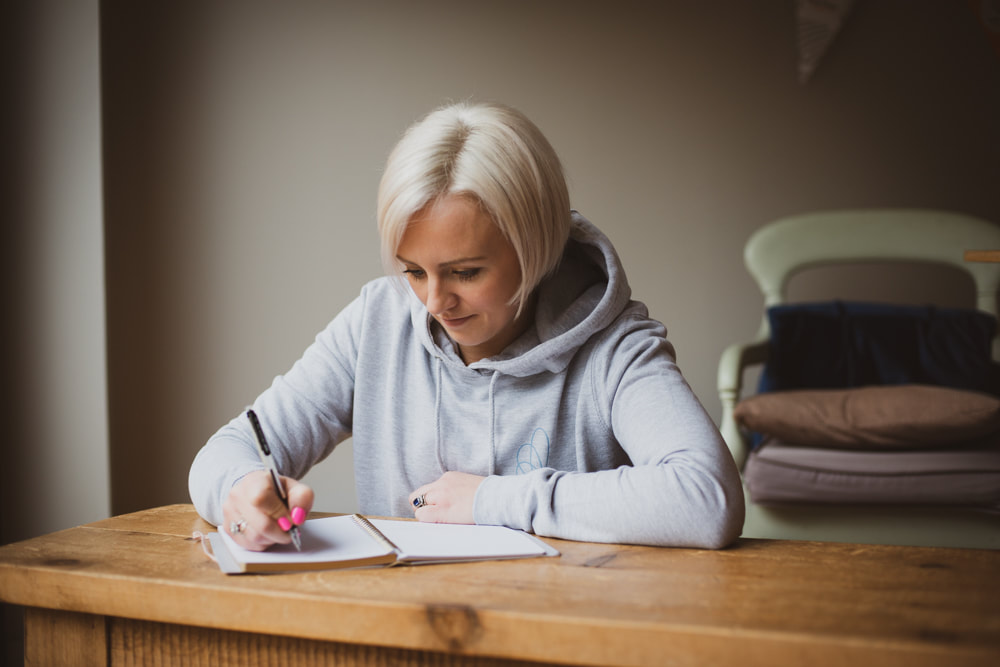
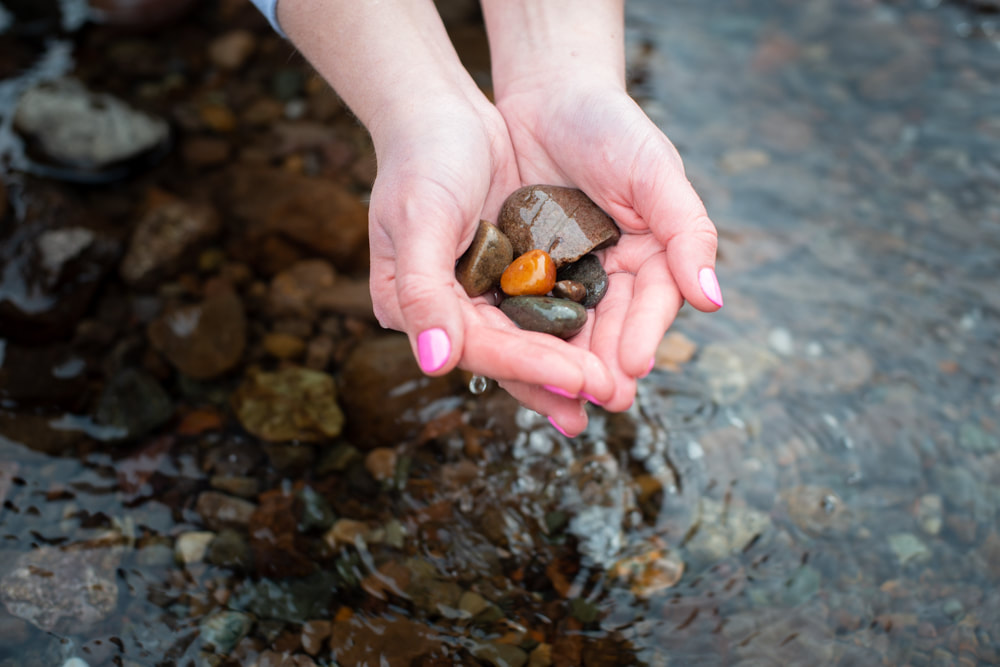
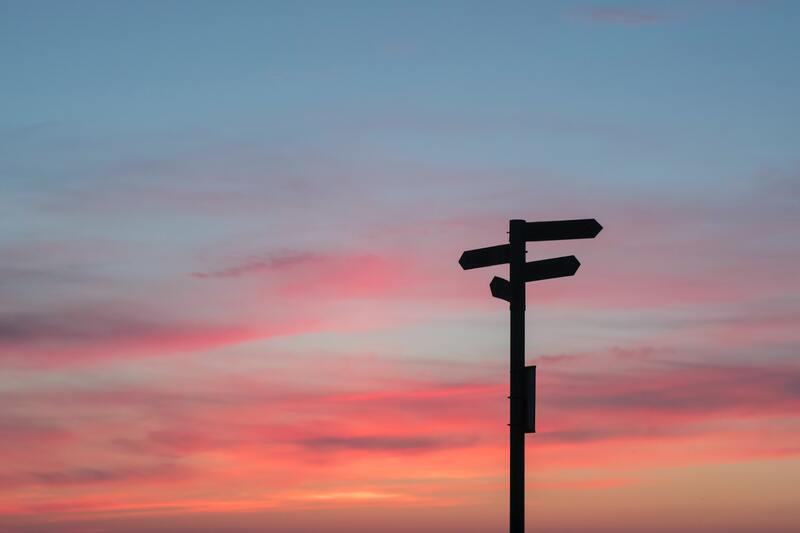
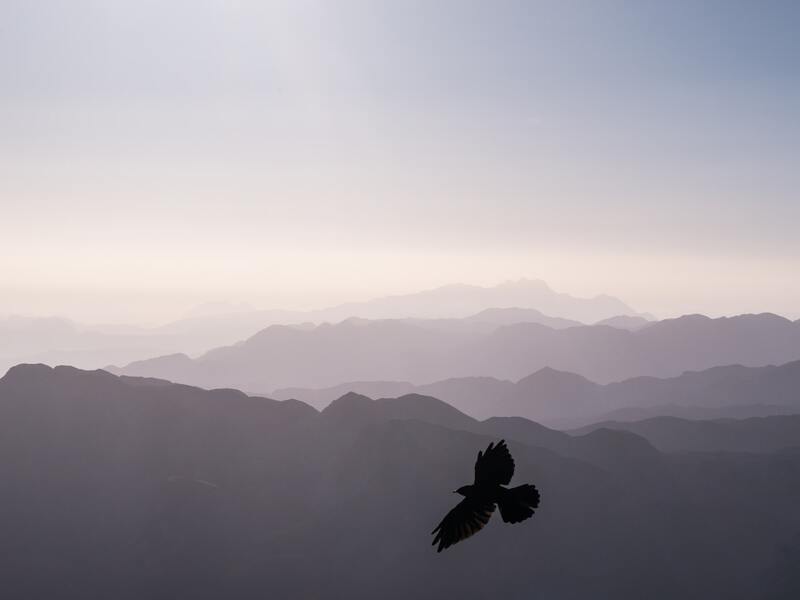
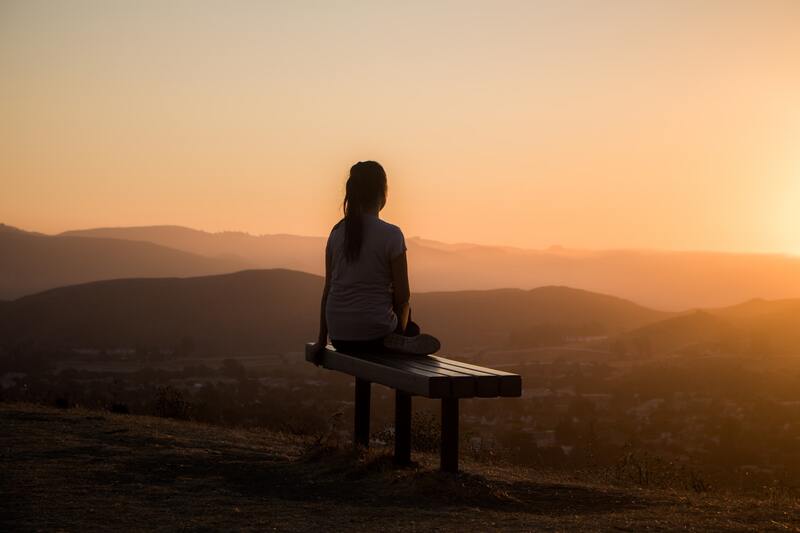
 RSS Feed
RSS Feed